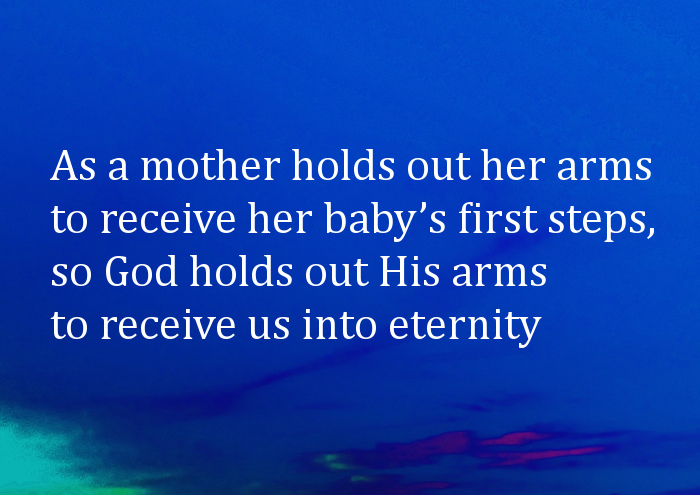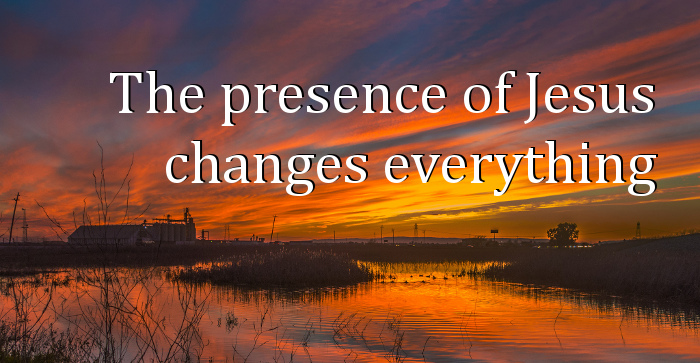
First, we make room for You, Heavenly Father, Holy Spirit, Lord Jesus.
Be welcome here.
Be honored here.
Be free to do what You want to do.
When You show up, everything changes.
On behalf of our nation we pray,
Be honored here.
You are the God who establishes leaders.
We ask You for good leaders
at every level
and in every sphere of influence.
Let truth, honesty and righteousness prevail
in every election.
Our leaders are in Your hands.
Grant our leaders
the fear of the Lord
which is the beginning of wisdom.
Give them, we pray,
the wisdom and courage
to make righteous decisions.
We pray for peace in the Middle East,
and ask that our nation will do what’s right
with respect to the people and nation of Israel.
We pray for consideration and respect
between the classes—rich, poor and middle class,
between the races,
between the political camps.
We pray for the freedom of good people everywhere
to do what You have called them to do
without fear.
Rain down righteousness
on this earth,
so Your goodness may be displayed
to its people.
We pray in Jesus’ name,
Amen.
From the Bible:
I urge, then, first of all, that petitions, prayers, intercession and thanksgiving be made for all people—for kings and all those in authority, that we may live peaceful and quiet lives in all godliness and holiness. This is good, and pleases God our Savior, who wants all people to be saved and to come to a knowledge of the truth. 1 Timothy 2:1-4 NIV
Remember, you are designed to make a difference!
Dwight
Photo credit: Adapted from a photo by The Wandering Angel, Flickr, Creative Commons License























